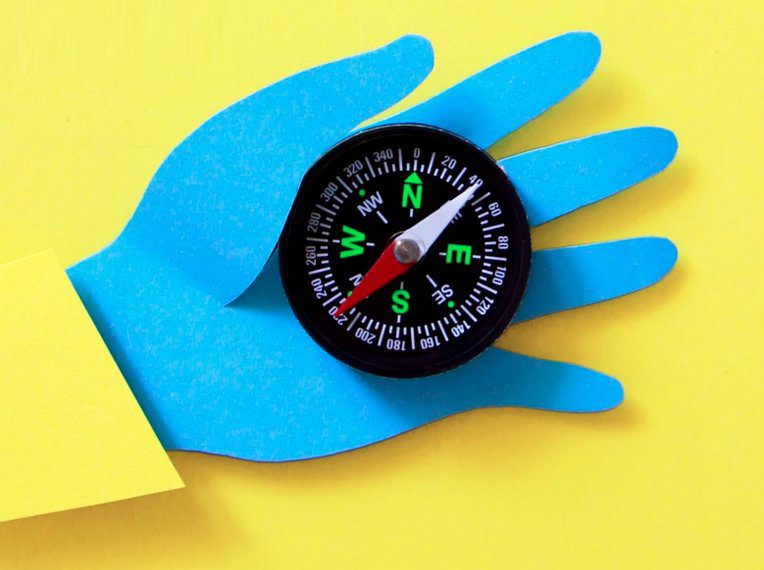There is no doubt that technology is transformational. A review of the last 150 years, or even the last 15 years will clearly demonstrate that. In the last 150 years we’ve seen telephones, televisions, motor cars and nuclear bombs, each of which has in its own way transformed the way that we live our lives. In the past 15 years we’ve seen smartphones and kindles, as well as social networking and VOIP telephony. The changes to our lives from these different technology innovations have also been transformational. However, Nina Misuraca Ignaczak argues that there are more innovations coming our way that will change the way that we live. Indeed, Ignaczak (2014) explains that:
“Across the planet, new technologies and business models are decentralizing power and placing it in the hands of communities and individuals”.
Ignaczak describes 21 of these different ground breaking, life changing innovations. The first of which is Open Garden which offers so-called “mesh networking”, which leads to a wireless mesh network. You might be wondering what the benefit of that is, and you’ll be pleased no doubt to hear that this provides people with cheaper connectivity that is strong and provides faster downloads. A technology that works with this is “Commotion Router”, allowing communities to develop their own mesh networks. Commotion Router is based on free software that is open source in origin.
The following video exemplifies how Open Garden works:
In this new world of decentralized technologies, Twitter is challenged by Twister, according to Ignaczak. Like Twitter, Twister is a peer to peer social network, but unlike Twitter it is based on a decentralized framework. The great news about that is that your information is more protected and users cannot easily find out about your online behaviour or where you are. Meanwhile, the Edison is an SD sized computer that is wearable and micro in nature. There is also BitCloud. BitCloud is currently only a concept but the ground breaking idea behind it is to replace the whole internet with its decentralized system.
Edison: an SD sized computerThe Internet of Things (IoT) relates to even more technology that has the focus of decentralization for transformation. Here, objects that are currently considered to be “dumb” are smartened up through “smartification” to be able to create significant economic value by connecting them to the internet. All kinds of objects can be used for this, and examples offered by Ignaczak are parking meters, home thermostats, appliances and automobiles. The Internet of Things is supported by WunderBar that is considered by Ignaczak to be somewhat of a “starter kit” for people like makers, hackers and developers that want to contribute to the Internet of Things as well as test out new ideas. The kit includes six different modules. These include sensors for temperature, humidity, light, colour and distance. Included are also an accelerometer, an infrared remote control, a gyroscope and a Grove connectors.
WunderbarThe Internet of Things also needs to coordinate addresses of different objects effectively. Ignaczak explains that the regular internet uses URLs and IP addresses. In contrast, the Wireless Registry will focus on Service Set Identifiers (SSIDs) that are 32 characters in length and provide information on users’ identities. Of course we’ve also all read about the dramatic changes that Bitcoin will bring. Namecoin is a service that relies on cryptocurrency software and provides alternative domain name registration. It believes itself to be immune from internet censorship. Bitcoin itself is a cryptocurrency which is a medium of exchange that is digitally based and not controlled by any one agency. Ignaczak reports that Bitcoin has been in business since 2009 and that in the last few years in excess of 60 currencies have been created of this nature. Supporting these currencies, Ethereum is claimed to be a “decentralised, cryptographic ledger” which provides users with the ability to encode transactions, contracts and applications. Custom transactions can also be supported. These are just a few of the decentralised technologies that will transform the world, according to Ignaczak. Others include smart contracts and smart property. There are also peer to peer lending and peer to peer payments. Another fascinating one is the idea of crowdsourcing civic engagement. Civic crowdfunding can also be achieved through emerging technologies. Farming innovations include decentralised urban farming and FarmHack, which is an open source platform online ton encourage peer-to-peer innovation with a goal of improving sustainable agriculture. Meanwhile MOOCs and online learning platforms and Identity, Trust and Data innovations are all included. It’s a brave new world out there.

Paula Newton is a business writer, editor and management consultant with extensive experience writing and consulting for both start-ups and long established companies. She has ten years management and leadership experience gained at BSkyB in London and Viva Travel Guides in Quito, Ecuador, giving her a depth of insight into innovation in international business. With an MBA from the University of Hull and many years of experience running her own business consultancy, Paula’s background allows her to connect with a diverse range of clients, including cutting edge technology and web-based start-ups but also multinationals in need of assistance. Paula has played a defining role in shaping organizational strategy for a wide range of different organizations, including for-profit, NGOs and charities. Paula has also served on the Board of Directors for the South American Explorers Club in Quito, Ecuador.




























